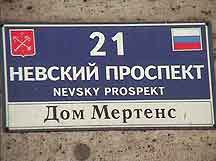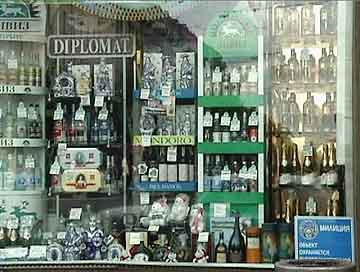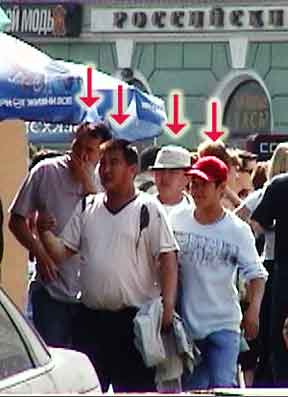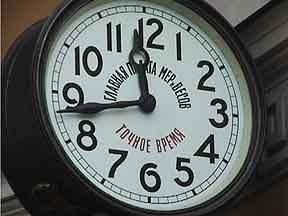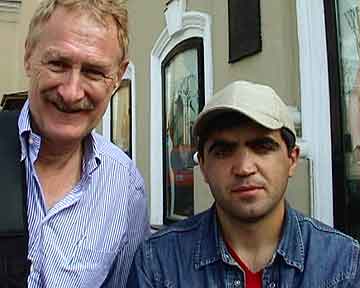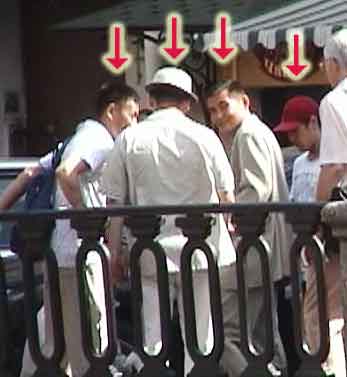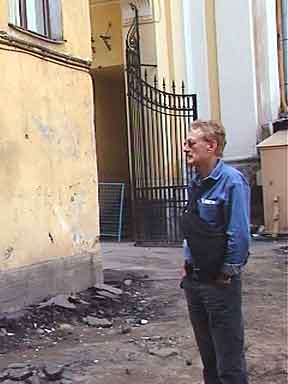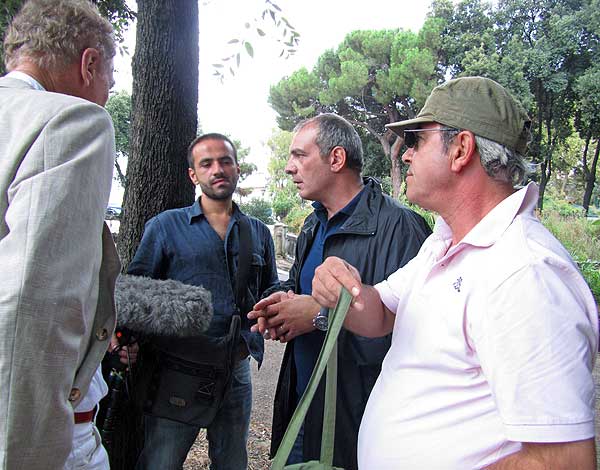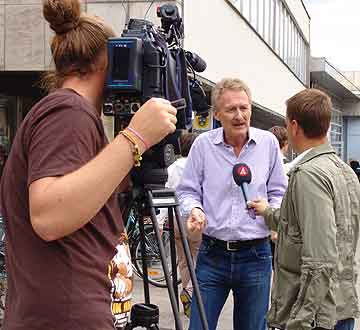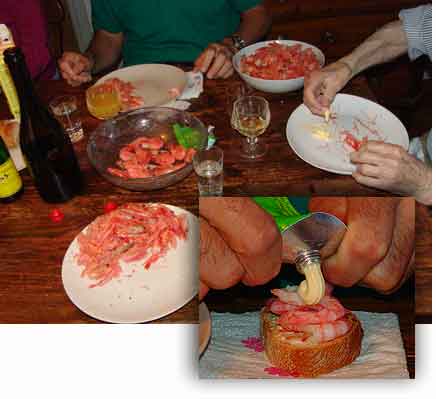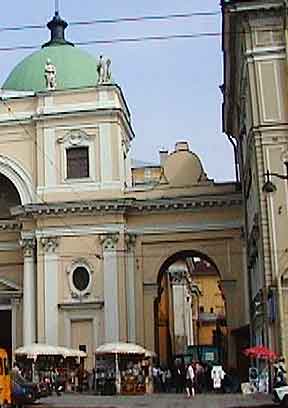 St. Petersburg— “They think I robbed you,” he said.
St. Petersburg— “They think I robbed you,” he said.
By then it must have been obvious to the cops that we were not Mohammed’s victims, or anyone else’s, either. But they’d created such a melee they couldn’t let go, didn’t want to believe there really was no problem. Finally, they left with a warning to Mohammed, who was so shaken he just collapsed onto his low stool and hung his head. He wouldn’t look up at us so we left him, thinking he was angry with us for getting him involved.
So the cops had seen us and Mohammed together with a gang of known thieves. Why, then, did they arrest the local underdog, instead of the criminals? In St. Petersburg, where the police are pitifully paid (about 2000 rubles/month, US$70 at the time), payoffs are their bread and butter. Officers routinely roam the streets collecting 100 rubles ($3+) here and there, from unlicensed merchants selling caviar or souvenirs. Pickpockets pay police too. They buy a piece of property for a limited time span. This allows many thieves to work, and keeps them in their own territories. Vladimir, a pickpocket we met some years ago, had a one-hour-a-day claim on a short segment of Nevsky Prospekt. The Mongolian gang seems to own the Metro station corner.
When thieves are caught, they pay 700 or so rubles ($23) to the police and are let go. It’s well known, Mohammed’s friend Anton told us earlier, that police are corrupt and will take bribes for anything. They can be seen on the streets looking for unlicensed merchants in order to shake them down instead of looking for thieves. Why would they arrest thieves? The system works well the way it is, and rich foreign tourists fund it.
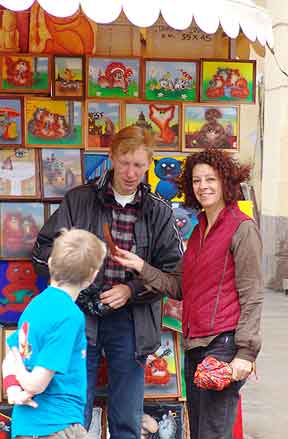
Tangentially interesting, Anton, who also works at the art market, told us that when a person is picked up for being drunk, the police steal everything from him: money, watch, and jewelry. Then they put the drunk in a cold shower to wake him up and put him out on the street. If the citizen complains of being robbed, the police claim he must have lost his belongings while he was drunk. Anton described his father’s clever hiding place for cash. He slits the inside of the waistband of his jeans and slips folded money inside. When he’s drunk and shaken down, the police don’t find the money, but take everything else.



